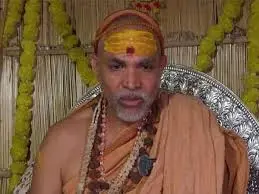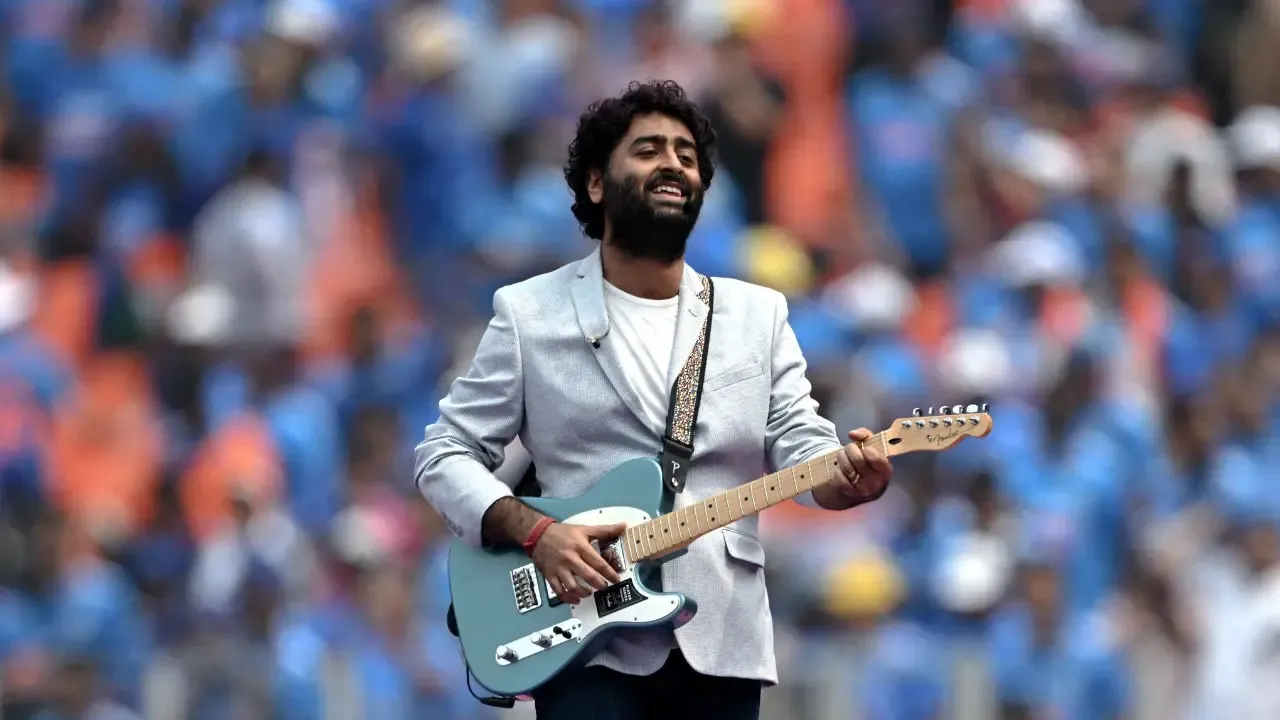

Mumbai, March 1: Fans of singer Arijit Singh were left heartbroken when he announced his retirement from playback singing. However, there's now good news that has already brought smiles back on millions of faces.
It seems the singer is now focusing on independent music, and his latest release shows that his musical journey is entering a new phase.
Arijit Singh recently released a new song titled "Raina", which has already caught the attention of listeners. The song was composed by Shekhar Ravjiani, with lyrics written by Priya Saraiya.
Arijit and Shekhar took to their Instagram accounts to announce the release. The song is a romantic track that explores themes of love and emotion. Arijit has lent his voice to the song, while Shekhar handled the music composition.
Soon after the song dropped, fans flooded the comment section with messages of love and excitement. "This legend never stops amazing us. Don't know what iconic projects he will work on next. So excited," wrote one fan. "Finally, happy tears hearing his voice again," wrote another. A third fan added, "The LEGEND is back."
Earlier this year, Arijit Singh announced that he would stop taking new playback singing assignments. He shared the news through an Instagram post, thanking listeners for their years of support. Arijit called his journey as a playback singer "wonderful" and said he was ready to move on from that chapter. "I want to thank you for giving me so much love all these years as listeners. I am happy to announce that I will not be taking any new assignments as a playback vocalist from now on," the singer wrote.
Fans can listen to the track and watch its official video on the Garuuda Music YouTube channel. (ANI)